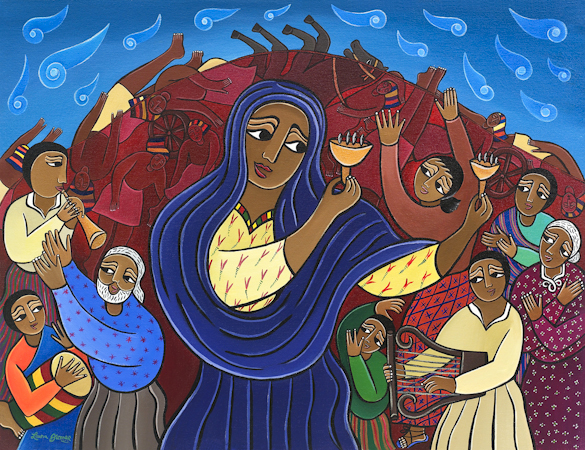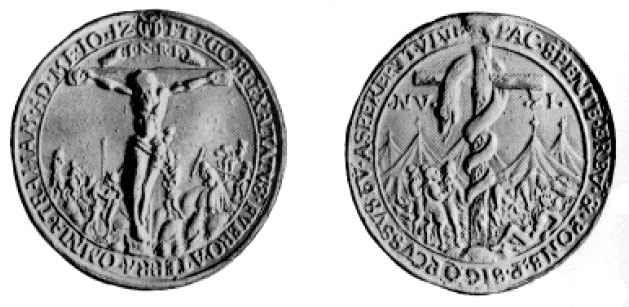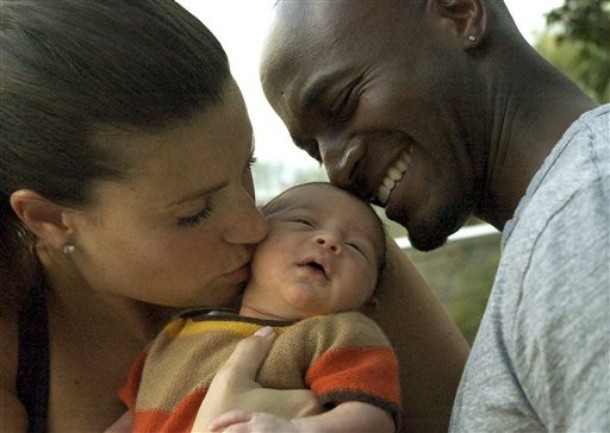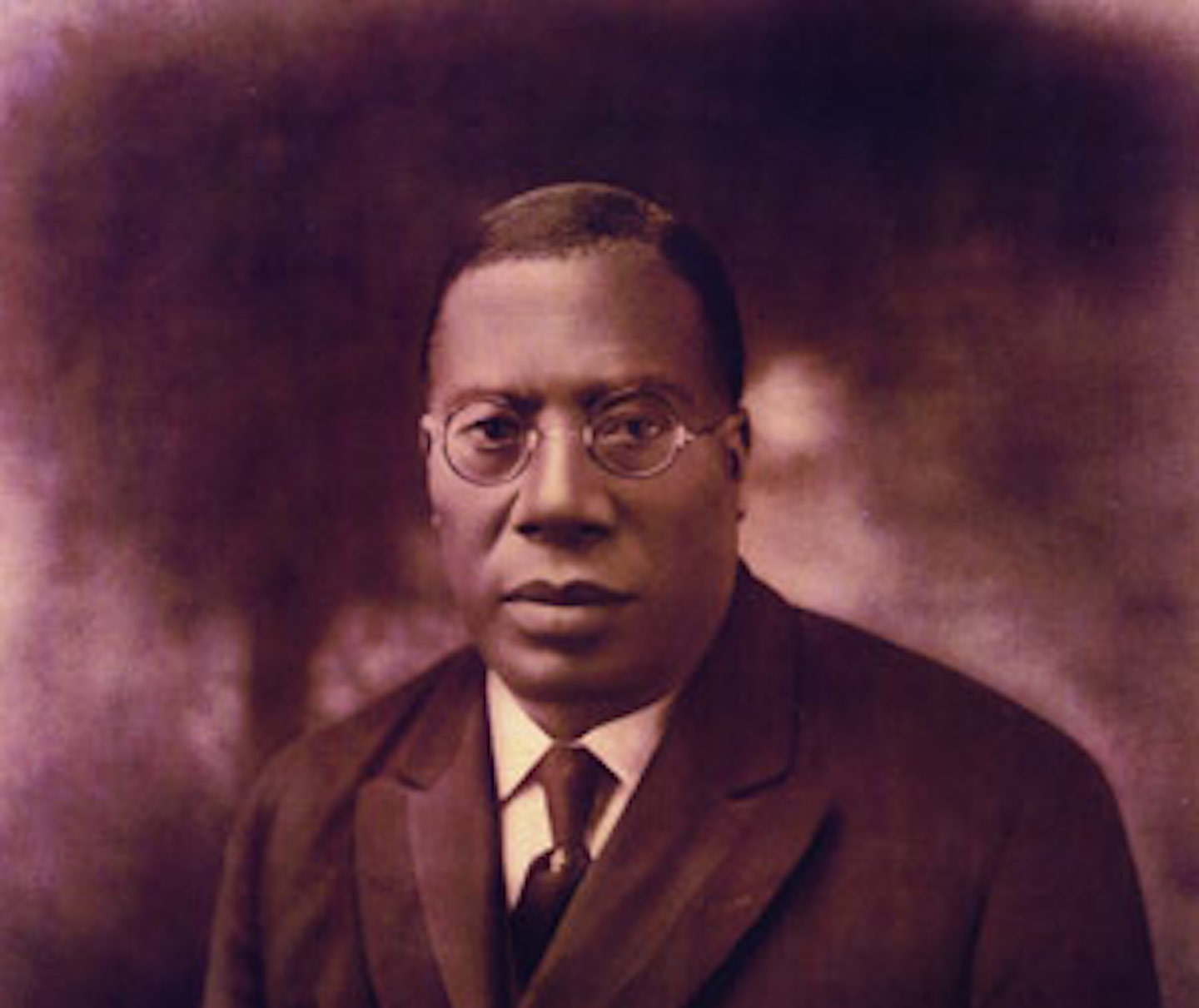
Friday, March 31
“O my people, what have I done to you?
In what have I wearied you? Answer me!
For I brought you up from the land of Egypt,
and redeemed you from the house of slavery;
and I sent before you Moses,
Aaron, and Miriam” (Micah 6:3-4).
Micah’s prophecy is set in the middle of the eighth century BCE, at about the same time that Amos and Hosea were prophesying in the north, and Isaiah son of Amoz was prophesying in Jerusalem (compare Micah 1:1 with Amos 1:1; Hosea 1:1; and Isa 1:1). Within the relative brief span of their prophetic ministries, Israel to the north would fall to Assyria, and Judah to the south would see its borders radically reduced, and be forced to submit to Assyrian rule. Micah addresses a people in despair, who despite their injustice and immorality cling desperately to the superstition that since they are God’s people, nothing really bad can happen to them: “Surely the Lord is with us! No harm shall come upon us” (Micah 3:11).
In Micah 6:1-8, the Lord announces a lawsuit against the people for violating God’s covenant. To show that God has been faithful despite their faithlessness, the Lord rehearses the story of the Exodus out of Egypt—led, this passage declares, not by Moses alone, but by “Moses, Aaron, and Miriam.” These three siblings had been used by God to deliver God’s people in ancient times. But it may be that they are also remembered as examples of the life of faithfulness God desires, to which Micah’s own generation is called:
He has told you, O mortal, what is good;
and what does the Lord require of you
but to do justice, and to love kindness,
and to walk humbly with your God? (Micah 6:8).
May we too, empowered by God’s Spirit, model ourselves on Moses’ passion for justice, on Aaron’s steadfast loyalty (a better translation of the Hebrew khesed than the NRSV’s “kindness”), and on Miriam’s humble, self-effacing walk with God.
Prayer: O Jesus, you alone embody all righteousness. Yet you call us to be your disciples, and follow in your way. Show us how we may do justice in our own context. Break open our hard hearts, and enable us to love as you love, in lives of true commitment. Keep us humble, Abba, and help us to desire always to walk with you. In the name of Jesus, who says to all his disciples, “Follow me” (Matt 4:19), Amen.









